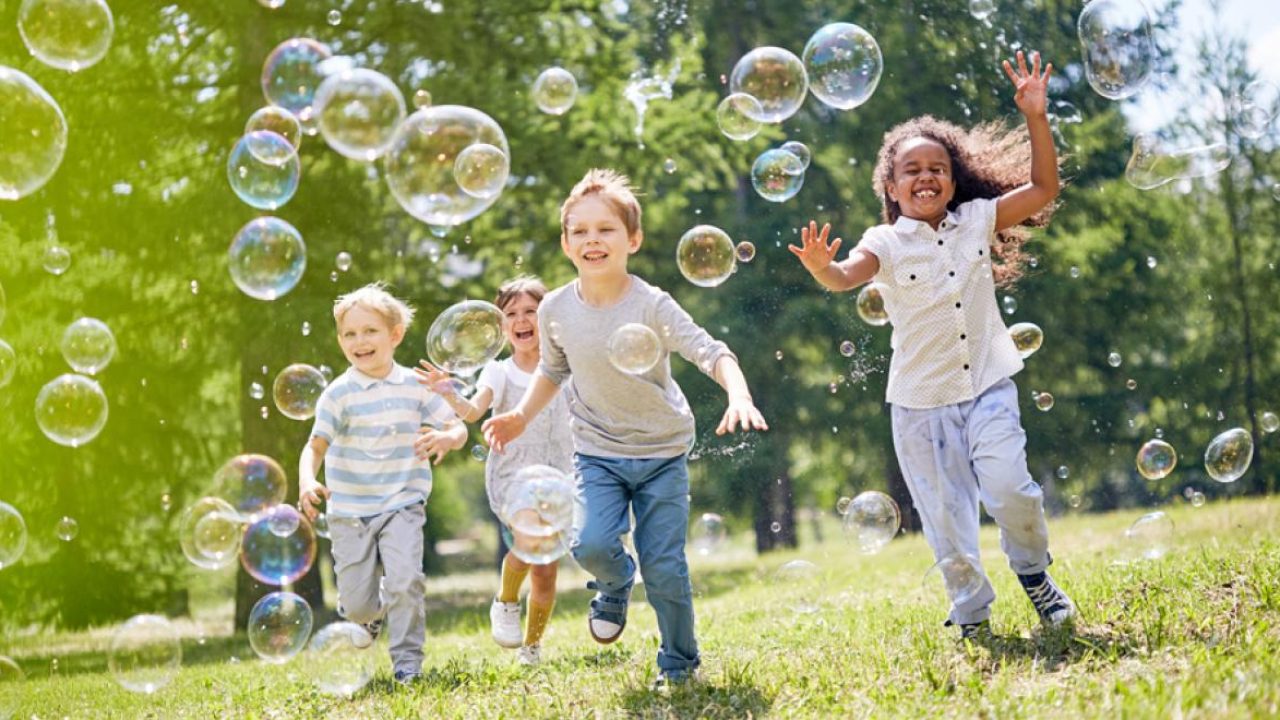A person’s development begins during the early childhood years.
Many of us associate development in a child as their ability to walk on time, talk on time, or even tie their shoes. The truth of the matter is that often we forget that early childhood is when children begin to develop their social skills, their bonds with others, and they learn to identify things they like/dislike. Additionally, we forget that when children enter school, it is more than just their time learning about spelling or math skills. School age children begin to develop their sense of identity. They learn about friendship-making skills. They begin to develop a level of confidence. Furthermore, they learn about some of the realities of the world outside their immediate family unit.
The world outside can be filled with multiple stressors that can impact our overall well-being. Whether it is learning about major news stories, to managing stress related to work and school, or even in dealing with name-calling/bullying, the world outside our immediate home can sometimes be a very tough road to navigate. We as adults need to recognize the impact these things can have on the younger members of society and do what we can to ensure they are equipped to deal with the day-to-day stressors that present. We may not always feel like the gurus of good mental health, but we do have experience with managing day to day stressors and let’s face it, we are still managing it, so we have done something right! Take a look at the list of things you can do to make a difference.
Encourage Good Physical Health – That’s right! Take a jog! Walk nightly! Eat those veggies! Get in that game of kickball!
Provide Praise – See someone doing a good deed? Praise them! See a child making a positive Choice? Acknowledge it!
Provide Feedback, not Criticism – When someone does something wrong, don’t focus only on the negative. Recognize the positive, review what could be changed, encourage them to try again!
Encourage Prosocial Activities – They want to play basketball? Sign them up! Chess Club? You got it! Dance class? Dance away! No money to afford these activities? Check out local community event calendar or organize something for your neighborhood! Prosocial activities do not need to mean going broke! Spectrum Health’s Community of Caring has free activities online every day!
Educate about bullying – Teach children to recognize the signs of bullying. Teach them the tools to assist them in managing the emotions they face and show them who they can go to for help. Bullying is never easy to deal with but if they are given the right tools, they may be able to manage this a bit better.
Be a Model to our Kids – Whether you are a parent, a counselor, a teacher, or even a next door neighbor to a child you need to remember that children DO watch your actions and behaviors. Many times, children look up to the adults in their community and we don’t even realize it! Recognize your audience and know that your daily behaviors may make a world of difference to the children who see you!
Be aware of signs/symptoms of Mental Health Concerns – Are you concerned a child is isolating themselves? Or that a child is acting out behaviorally and you aren’t sure why? Or is the child crying intermittently for unknown reasons. As an adult, being aware of signs and symptoms to look for will help us tackle any concerns right as they arise.
Know the resources – Educate yourself on the local family resource centers, counseling agencies, and youth support groups. Even having your local crisis hotline numbers accessible is not a bad idea. Spectrum Health’s C.A.R.E.S. team is always on call for you at 716-882-HELP.
NORMALIZE CONVERSATIONS ABOUT MENTAL HEALTH – Now this is probably the MOST Important of them all! We need to learn to be okay talking about mental health just as we talk about our physical health! There is NO shame in being honest about our fears, our feelings, and our behaviors. We as the adults need to work towards normalizing the conversations so our children do not fear asking for help.
Bear in mind the above is just meant to be a starting point of the things we can do to improve children’s mental health in our society. Truth be told, there are literally hundreds of different skills, techniques, interventions that can be done not only to help our youth but to also help ourselves.
Mental health is a state of well-being.
It’s what helps us navigate through the stresses of day-to-day life.
Mental health helps us distinguish how we feel, how we respond, and how we act.
Achieving good mental health is not a sprint, but a marathon that you continue to run throughout the course of your life.
So, let’s teach our kids to lace up those sneakers, line those feet up, and keep their eye on the prize. Trust me, it is never too early to start teaching the skills needed for a child to lead a good, happy, and healthy life.
Katrina Norris
Clinical Director
Springville Counseling Center


